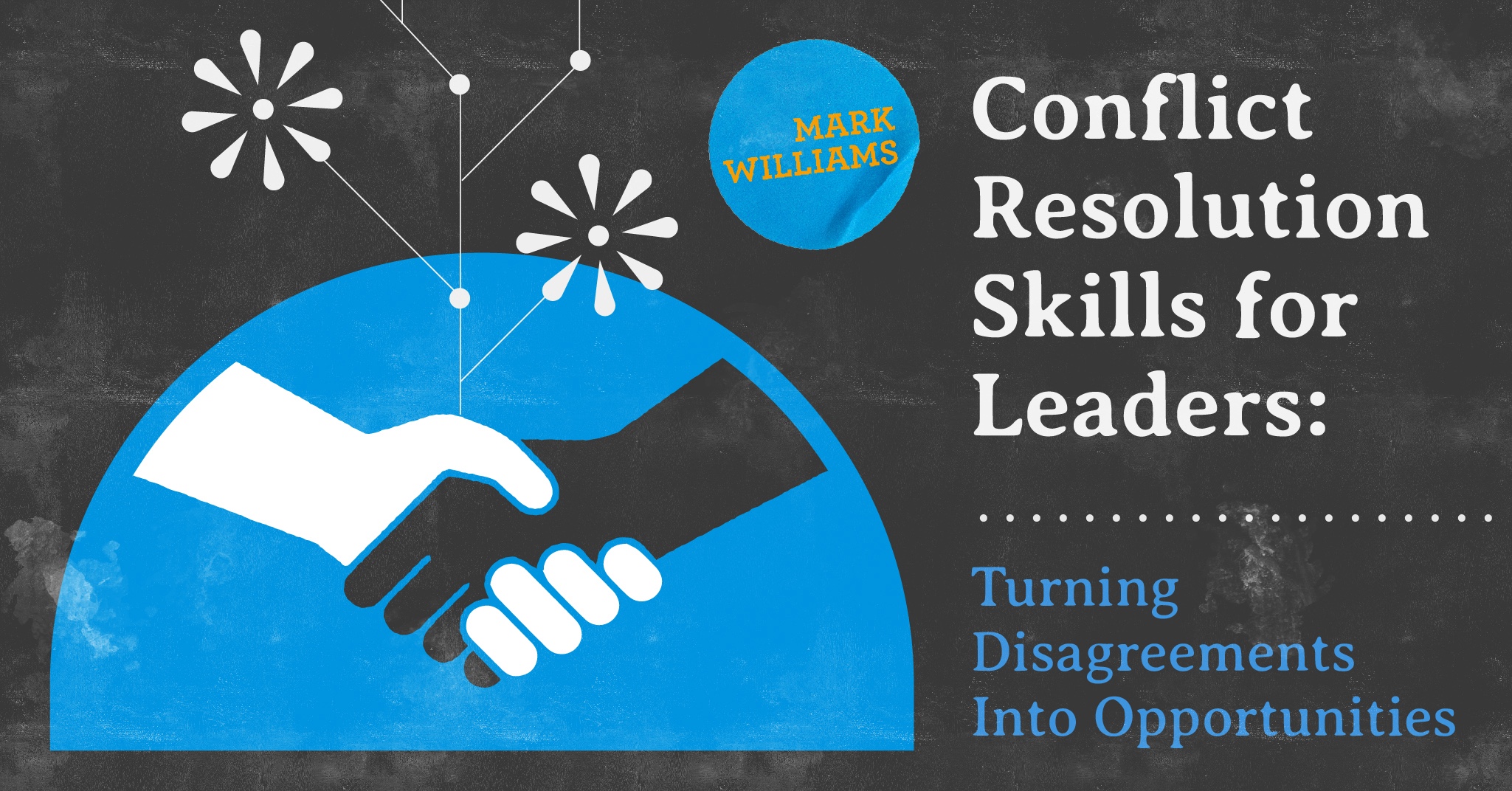Let’s talk about something that often gets a bad rap in the workplace: conflict. Yep, you heard me right. Conflict isn’t always a bad thing—in fact, when handled well, it can be a powerful catalyst for growth and innovation. As leaders, mastering conflict resolution skills isn’t just about avoiding arguments; it’s about transforming disagreements into opportunities for collaboration and understanding.
First off, let’s debunk the myth that conflict is synonymous with failure. In reality, conflict is a natural byproduct of diverse perspectives and personalities coming together. It’s what we do with that conflict that matters. Instead of sweeping it under the rug or letting it escalate into a full-blown feud, leaders have the opportunity to harness its energy and channel it towards constructive outcomes.
So, how do we do that? Well, it starts with active listening. When faced with conflicting viewpoints, resist the urge to jump in with your own agenda or shut down the conversation altogether. Instead, take a step back, listen attentively, and strive to understand the underlying concerns and motivations of each party involved. Trust me, a little empathy can go a long way in defusing tension and fostering mutual respect.
Next up, let’s talk about reframing. Rather than viewing conflict as a win-lose scenario, shift your mindset to see it as an opportunity for mutual gain. Encourage open dialogue, brainstorming, and creative problem-solving techniques that allow conflicting parties to find common ground and explore innovative solutions together. You’d be surprised how often a seemingly irreconcilable disagreement can lead to breakthrough insights and collaborative breakthroughs.
Of course, conflict resolution isn’t always smooth sailing. There will be times when tempers flare, egos clash and emotions run high. In those moments, it’s crucial for leaders to remain calm, composed and impartial. Act as a mediator, guiding the conversation towards constructive dialogue and reminding everyone of the shared goals and values that unite them.
Finally, don’t underestimate the power of reflection and continuous improvement. Conflict resolution is a skill that takes practice, patience, and humility to master. Take the time to debrief after challenging situations, identify lessons learned, and implement strategies for improvement moving forward. By fostering a culture of learning and growth, leaders can cultivate a team that thrives on constructive conflict and embraces diversity of thought.
So, there you have it—conflict resolution skills for leaders in a nutshell. Remember, conflict isn’t the enemy; it’s an opportunity waiting to be seized. Embrace it, learn from it, and watch your team soar to new heights of collaboration and innovation.

